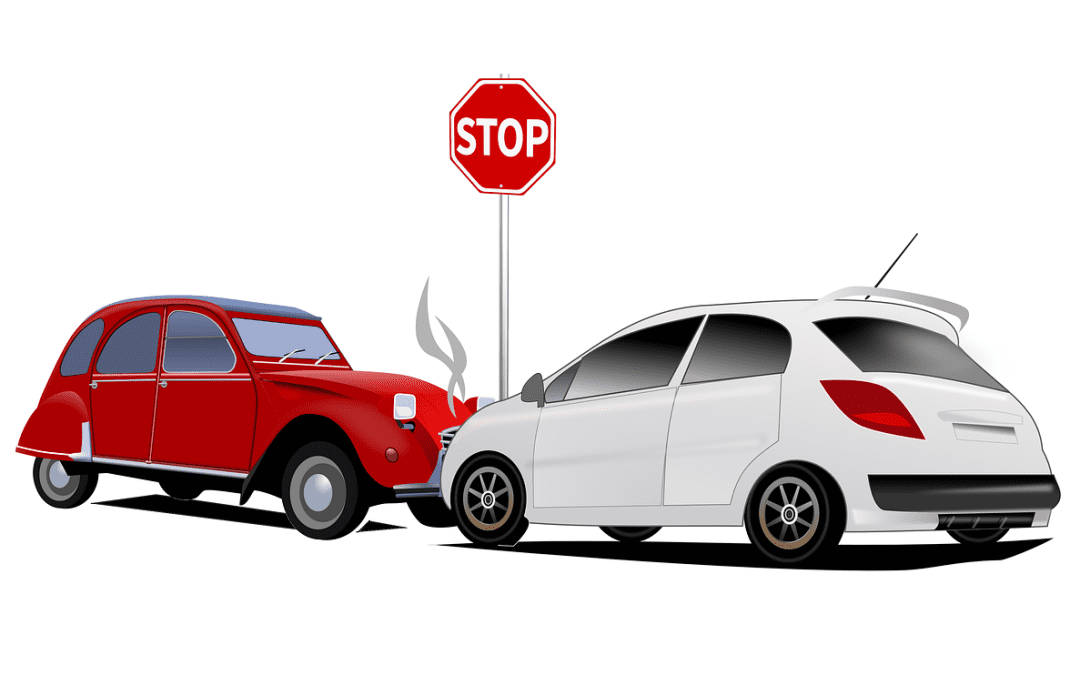How to take away the car without drama
There is a lot at stake
What do you do when it becomes apparent to you that your older relative should no longer be driving but it may not be apparent to them? The last thing you want is to engage in an argument where each side digs in deeper and relationships are affected.
A car is a three-thousand pound moving machine. Operating it should not be taken lightly. However, losing the ability to drive will radically change someone’s life and even cause them to move. Keeping a car or giving it up is a fraught thing to do.
How to give up driving without drama
You need to discuss this when there is not a crisis, if possible. Speaking about a highly emotional issue during a crisis can only make it worse. Here are some strategies.
- Have a driving test. Companies exist that will do a driving evaluation of older adults. In my area, Lily Senior Solutions provides that service http://www.lilyseniorsolutions.com/driving.html. Everyone needs to agree in advance to abide by the results of the test.
- Set a time to give up driving. When someone is told they should no longer drive, they lose control. By setting a mutually exclusive date to stop driving, the older driver feels more in control. That date can be set around winter or when a grandchild will get his or her driver’s license and needs a car.
- Ask a doctor to speak with the older adult. If the primary care doctor or a specialist like an ophthalmologist feels the person is not fit to drive they are required to submit that information to the BMV. Oftentimes, just talking to a doctor will convince someone to stop driving.
- Use power of the purse logic. Many people when they are close to giving up driving are only driving a few miles a week. Insurance and possibly parking fees would be expensive per mile if someone is driving ten miles a week. Calculate how much per mile fixed costs are to maintain a car and what else could be done with that money.
- Wind down. If the person will be okay going to the grocery store and doctor a few miles away, have them take someone else to their appointments that are more than a few miles.
Planning beyond giving up the car
Don’t just take away the car without a plan. First, especially if someone has dementia, physically take away the keys or remove the battery. I had a client who forgot she wasn’t supposed to drive and when a friend invited her to a barbeque she forgot and hopped in the car. She realized she wasn’t supposed to drive when she got to her friend’s house.
Arrange for transportation before you have the discussion about taking away the keys. Will family step up to the task, will you hire a service like The Extra Daughter or use public transportation? Regardless of the solution, you need to address the issue. The older adult should not feel like they are suddenly trapped at home.
Solutions without drama
Look at your own driving and how many times you get in your car for short errands like when you are cooking and need an ingredient or decide on the spur of the moment to go out to dinner. If you do this you will appreciate how much you depend on your car and be more sensitive when you have to have that discussion with your older relative.
Talk to your older relative when things are calm and come with a plan. This plan should include when to take away the car and what to do after they are no longer driving. Try as best you can to give the older driving some control over their own lives.

